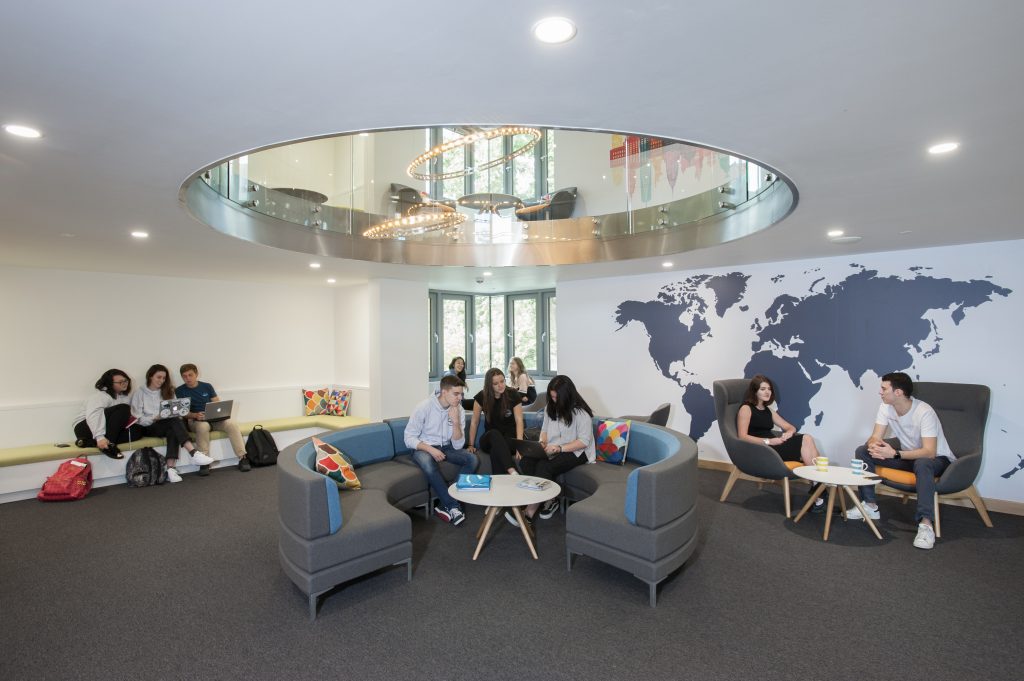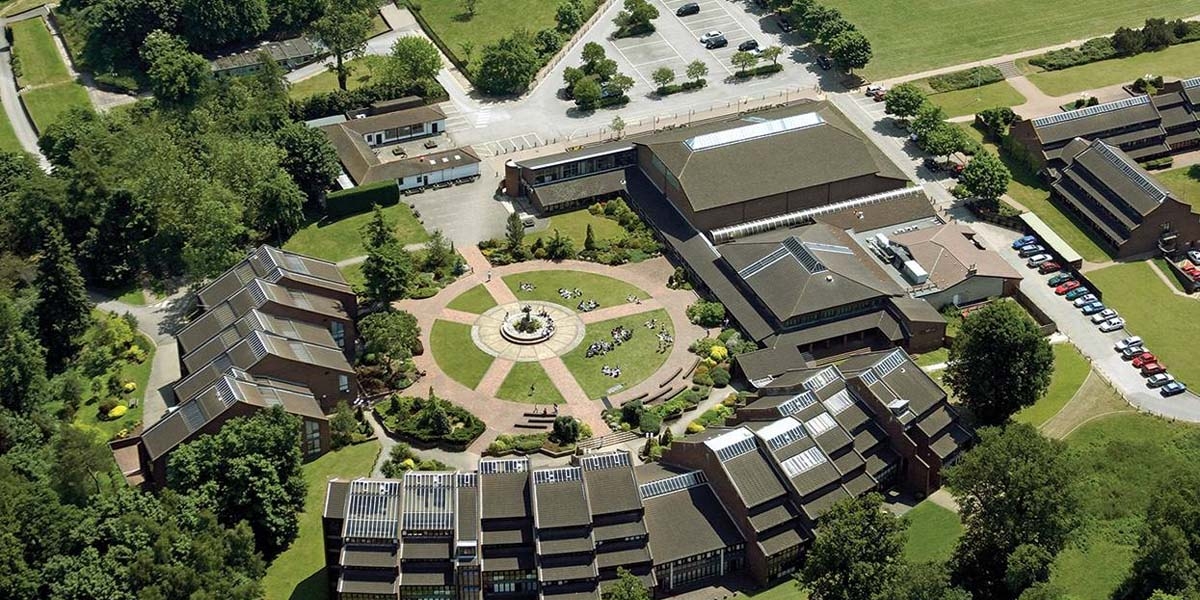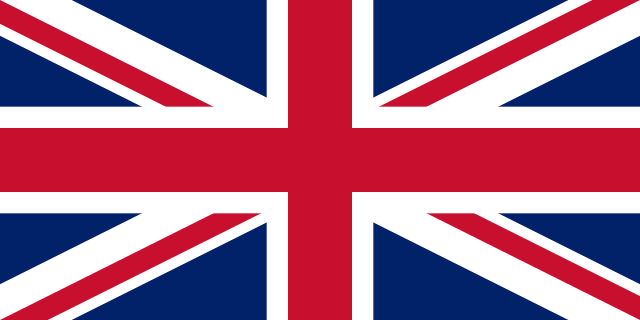We are delighted that our UK schools have reopened to all staff and students and we will continue to follow our published academic calendar. We also provide a meaningful programme of distance learning for students who are not able to return to school, in quarantine, or self-isolating in the interest of public health.
The ACS staff and parent community have created a welcoming and engaging COVID-19 safe programme—in person and online—with the imagination and determination that makes ACS schools such special places to work and learn. We are confident and ready to inspire our learners and provide a unique educational experience for the remainder of the school year.
We continue to exercise extraordinary care and use industry best-practice for COVID-19 security in every aspect of school life. We take all reasonable precautions. Here are some of the robust systems of control that we use to minimise risk and ensure the safety of students, families and employees learning and working on campus.
Small homeroom or year group (grade-level) cohorts stay together for most of the school day, and they use the same spaces as much as possible. Where possible, teachers rotate to work with fixed groups of students in their identified learning spaces.
We’ve carefully reviewed our facilities to ensure adequate ventilation and safe capacity. Wherever possible, students have individual desks, facing forward, spaced at 1m for social distancing (Grade 2 and above). Teachers generally work at a 2m social distance and engage with students side-to- side for short conversations. Where social distancing is not possible, we use face coverings, shields or modified scheduling to reduce risk of infection.
Specialist learning spaces are individually risk-assessed, and additional PPE is provided when a full, broad and balanced curriculum requires interaction that can’t be adequately socially-distanced. We provide a full educational programme of visual and performing arts, design, and laboratory sciences that follow strict safety guidelines of the relevant professional associations.
Teachers are prepared to support students temporarily learning from home while in isolation. We also have extensive contingency plans should it be necessary for large groups of students (or, in the case of another local or national lockdown) to learn at a distance.
We use best-in-class educational technologies and hybrid-ready instructional design. We support student learning regardless of location, easing necessary transitions between home and school. ACS schools have extensive outdoor spaces and athletic and sports facilities. These excellent fresh-air environments provide inspiring spaces in which to learn, play and compete.
We take full advantage of dedicated and informal outdoor spaces, including Forest School programmes and natural learning environment resources.


Business Type: Private
Institute Type:
Age Range: 2-18
Gender: Mix
Curriculum:
Number of Students: 2000
Percentage of International students: 30%
Country: United Kingdom
City: London
International Airports: Gatwick, Heathrow
Accommodation: included
Transport: included
Food: included
Courses: Principle of Management, Business Communication
| Course Name | Duration | Minimum Age | Level | Fees | Intake | More Details |
|---|---|---|---|---|---|---|
| Grades 7-8 (Ages 12-14) Day tuition Plus full boarding | 1 Year | 2-18 | 2 | Boarding & Tuition: £46,880 | August | |
| Grades 7-8 (Ages 12-14) Day tuition | 1 Year | 2-18 | 2 | £25,850 | August | |
| Grades 9-10 (Ages 14-16) 7-Day boarding Plus Tuition | 1 Year | 2-18 | 2 | Boarding & Tuition: £49,730 | August | |
| Grades 9-10 (Ages 14-16) 5-Day boarding Plus Tuition | 1 Year | 2-18 | 2 | Boarding & Tuition: £44,050 | August | |
| Grades 9-10 (Ages 14-16) Day Tuition | 1 Year | 2-18 | 2 | £28,700 | August | |
| Grades 11-12 Age16-18 5-day Boarding Plus Tuition | 1 Year | 2-18 | 3 | Boarding & Tuition: £44,110 | August | |
| Grades 11-12 Age16-18 Tuition Plus 7 day Boarding | 1 Year | 2-18 | 3 | Boarding & Tuition: £49,790 | August | |
| Grades 11-12 Age16-18 Day Tuition | 1 Year | 2-18 | 3 | GB 14380 | August |
| Visa Name | Documents Needed | Visa Application Fees | ||||||
|---|---|---|---|---|---|---|---|---|
| Child Student Visa |
However, if you are under 18 years of age, some additional documents are needed. These are:
|
£348 | ||||||
| Student Visa | 2. Proficiency in the English Language You must prove that you are fluent in the English language. The level is measured on the CEFR (Common European Framework of Reference for Languages) scale. As proof, you must pass the Secure English Language Test (SELT).
Note: If you have applied for a course of degree level or more, then:
3. Eligibility criteria
The eligibility criteria for the UK student visa requirements are:
4. Documents Needed The documents needed for the student visa are:
However, if you are under 18 years of age, some additional documents are needed. These are:
Note: The offer letter for your study programme will mention whether the programme requires an ATAS certificate. 5. Tuberculosis Test Results
The main medical examination that you need to undergo is for tuberculosis. It is required if you intend to stay in the UK for more than six months. The test is a must for visa applicants from the specified list of countries. For this examination, you have to take the chest x-ray test. But, if the results are uncertain, then you have to provide a sputum sample. Only approved clinicians can perform the tests. If the results are negative for tuberculosis, you will get a certificate. The certificate will have validity for six months from the date of the test. 6. Proof of funds The sufficient funds required is £1,265.00 to support your living expenses and pay the UK's tuition fees. In the Confirmation of Acceptance for Studies (CAS), the funds required are:
Note: Proof of funds are not required if:
7. Immigration Healthcare Surcharge (IHS) You must pay the Immigration Healthcare Surcharge (IHS). It is mainly for those who want to stay in the UK for more than six months. The amount of money that you have to pay depends. It is dependent on the amount of time you live in the UK. If you are granted leave for less than six months, you need to pay half the annual amount. If you are granted leave for more than six months, you need to pay the full yearly amount. You can use the NHS (National Health Service) after you have paid the IHS. But, you will still have to pay for dental treatments, prescriptions, assisted conception, eye tests, and so on. |
£348 | ||||||
| Short Term Study Visa |
However, if you are under 18 years of age, some additional documents are needed. These are:
|
£95 |
The education system in the UK is also split into "key stages" which breaks down as follows:
Generally key stages 1 and 2 will be undertaken at primary school and at 11 years old a student will move onto secondary school and finish key stages 3 and 4.
Students are assessed at the end of each stage. The most important assessment occurs at age 16 when students pursue their GCSE's or General Certificate of Secondary Education. Once students complete their GCSE's they have the choice to go onto further education and then potential higher education, or finish school and go into the working world.
Our overview of the education system in the UK is divided into five main sections:
Primary education begins in the UK at age 5 and continues until age 11, comprising key stages one and two under the UK educational system. Please visit the British Council page for more information on primary education.
From age 11 to 16, students will enter secondary school for key stages three and four and to start their move towards taking the GCSE's - learn more about secondary education in the UK and what it will involve. Primary and secondary education is mandatory in the UK; after age 16, education is optional.
Country Name: United Kingdom
Capital: London
Population: 67000000
Currency: Sterling Pound
Monthly Maintenance: £1200

Life in Country:
There are a lot of things to do during student life in UK. The United Kingdom is worldly known for its natural refinement, millennium history, different cultures, Royal family, red buses, green hills fertile lowlands, and much more.
The world’s most famous universities are located in this country. The best scholars have studied at these universities Throughout the ages, the UK is the motherland of world-famous scientists, writers, novelists, diplomats, and philosophers. They are-
Studying in William Shakespeare’s lands is no less than a fortune. If you want to know the United Kingdom, you need to know its soul London first.